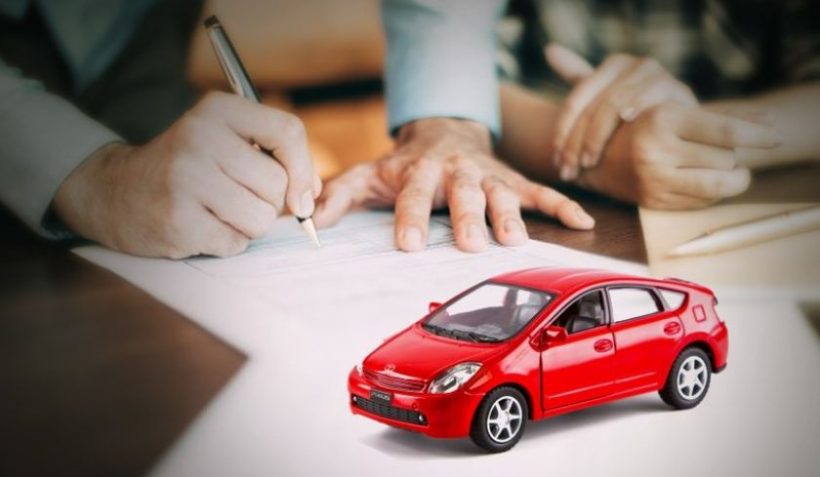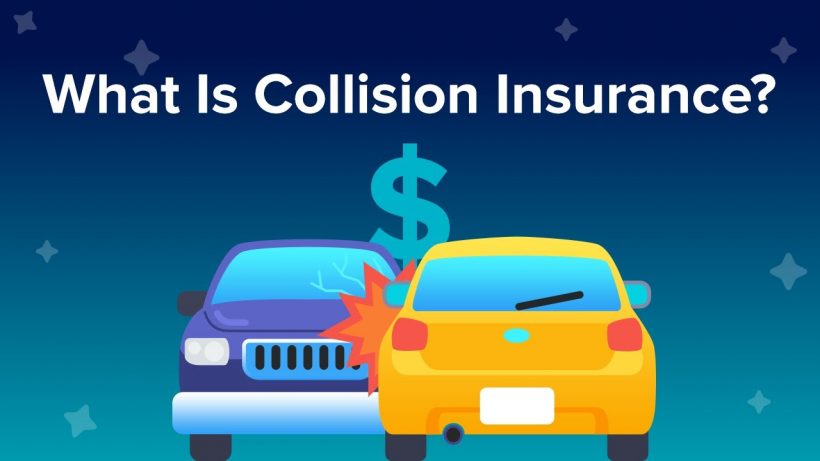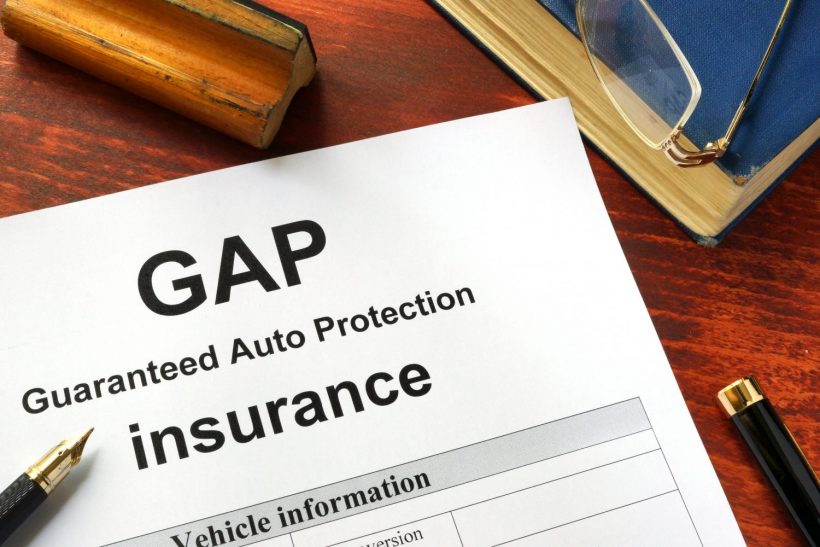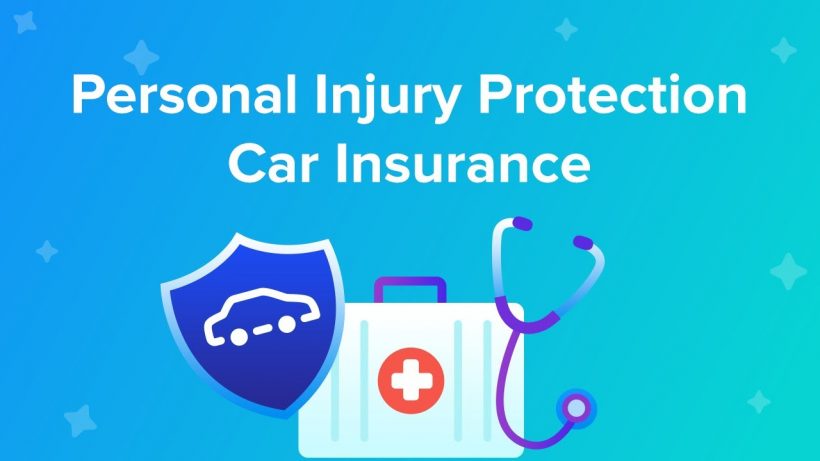Everyone who drives a car has car insurance. But, do you know precisely about car insurance? It is necessary to have car insurance if you have a car. Car insurance not only protects you but also pays you for the loss caused due to car crashes, theft, vandalization, or destruction by fire.
However, it has terms that are known by very few people. These policies come with legalese that can be difficult to understand as they are relatively confusing. Moreover, we do not know some of the terms involved in car insurance because of which insurers make a lot of profits. They make us pay more than the actual amount.
Taking into consideration, we have piled up ten car insurance terms that we all need to know.
Car Insurance Terms

Claim
A formal or documented request made by you to your insurance provider on account of compensation due to financial loss is called an insurance claim. In this process, the insurance provider verifies the claim’s validity and cuts you a check accordingly. The claim submission process is a very straightforward task. You can even request a claim on a phone call at the scene of the incident today. However, with every advantage, there also comes a disadvantage. The provider increases the rates once you increase the submission of the claim. Sadly, you have to bear the amount even if it is not your fault. Moreover, if you get sterned by an uninsured driver and submit a claim to your provider, he will think that you live in an area where there is high risk and can increase your rates. They tend to calculate your premium according to the likelihood and not based on your skills as a driver.
Collision Coverage

The damage caused due to accidents is covered in the collision insurance. Whether you are hit by somebody else or are the cause of an accident, it tends to cover your insurance. It contains a deductible that decides your premium. The lower is the deductibles, the higher is the premium. On the contrary, the higher the deductibles, the lower the premium.
Comprehensive Coverage
This type of insurance coverage covers the damage caused to your car, not because of the collision. The defects include destruction caused due to natural calamities, dented, vandalized, damaged by a break-in, and crushes under a colliding garage. It not only covers the vital but also covers the minor damages caused to your car. The place you live also plays a primary role in comprehensive coverage. However, they do not cover the medical bill incurred in accidents or damage caused to another person’s vehicle if you are the cause of the accident.
Medical Coverage
You can add this provision to your car insurance policy as it will help you with specific medical expenses. Although you have health insurance coverage, this provision assists in the health insurance deductibles in an accident. It is essential to have medical coverage in case you have a high deductible health policy or no insurance policy.
SR22 Insurance
A form filed with your state shows that you are meeting your state’s minimum auto liability insurance requirements. It is also referred to as the Financial Responsibility certificate. It is not insurance. However, it is a document given by your insurance company as proof of liability coverage on your car insurance policy.
Auto Liability Coverage

Auto Liability coverage is the quality component of most vehicle insurance policies and is a necessary coverage in most countries. This insurance provides you protection mainly in two ways. If another person is injured in the accident held by you, auto bodily injury liability coverage helps in paying off the medical bills of an injured person. Furthermore, auto damage liability coverage will help you in paying off repairs of another person’s car caused by you.
Bodily Injury Liability
An accident that causes an injury or death by you, can be protected with the help of bodily injury liability car insurance. This insurance helps you in paying off the medical bills of the passengers of the other car. This insurance policy is primarily applied in the case you hurt a pedestrian in the accident. Moreover, this insurance coverage varies from state to state. This coverage pays for services and hospital care that include doctors’ visits, medication, crutches, and recovery wheelchairs.
GAP Auto Insurance Coverage

Optional insurance coverage that can be included in your collision insurance policy while purchasing a new car is the GAP auto insurance coverage. It helps in paying off the difference between the balance of the loan due on the vehicle and the amount your insurance company pays if the car is considered a covered total loss. The gap between the amount you have paid and what you owed is considerable without proper coverage.
Personal Injury Protection (PIP) Coverage

Personal Injury Protection (PIP) is a part of a car insurance plan. It is also known as no-fault insurance. It generally covers the healthcare insurance connected with a car accident of both the policyholders and passengers that do not have health insurance. If the medical care amount exceeds the auto insurance’s PIP limit, they will cover further expenses sometimes. This policy is limited to a certain amount per person if more than one person is injured in an accident.
Deductibles
A car insurance deductible is an amount paid by an insured before the commitment of insurance coverage. These deductibles are calculated based on the claims. When the amount of voluntary deductible increases, the car insurance premium decreases. However, you have to pay a substantial amount for the repairs when the voluntary deductible is high. Therefore, while opting for voluntary deductibles, you should consider a few points like the amount you can pay, your household budget, your income, your saving plan, and your access to the credits while deciding a comfortable amount.
Conclusion
Now that you know most of the terms of a car insurance policy, you will feel confident while making a purchase. According to the insurerlab.com, always remember that protection is the crucial purpose of an insurance policy. So, look for insurance coverage according to your needs.

